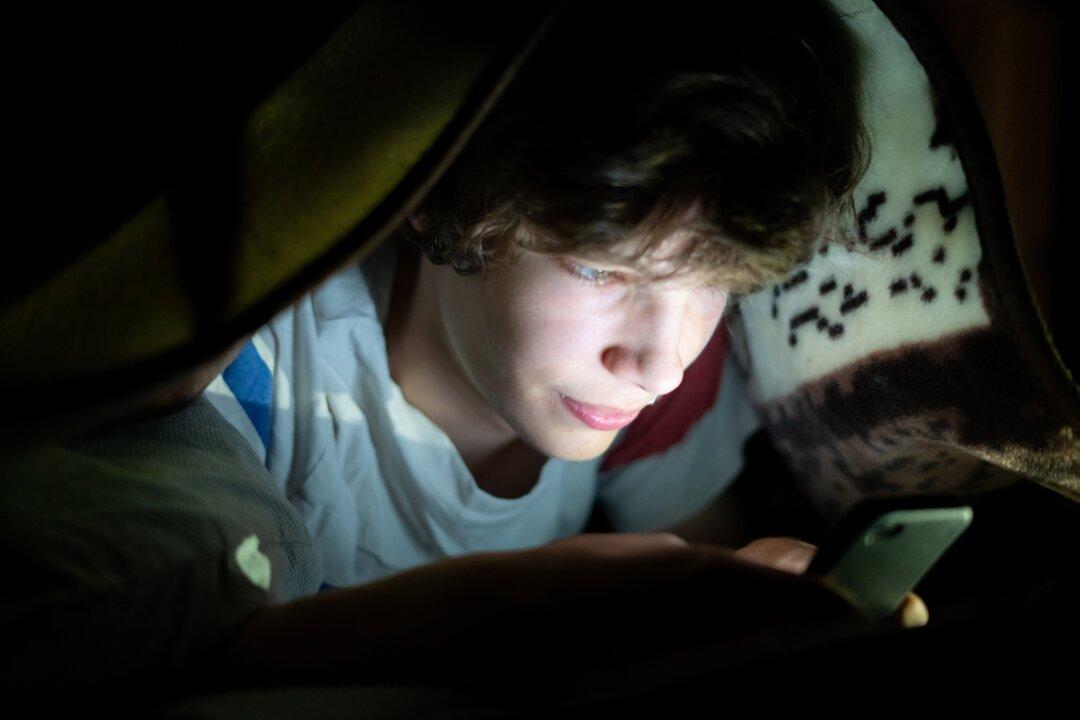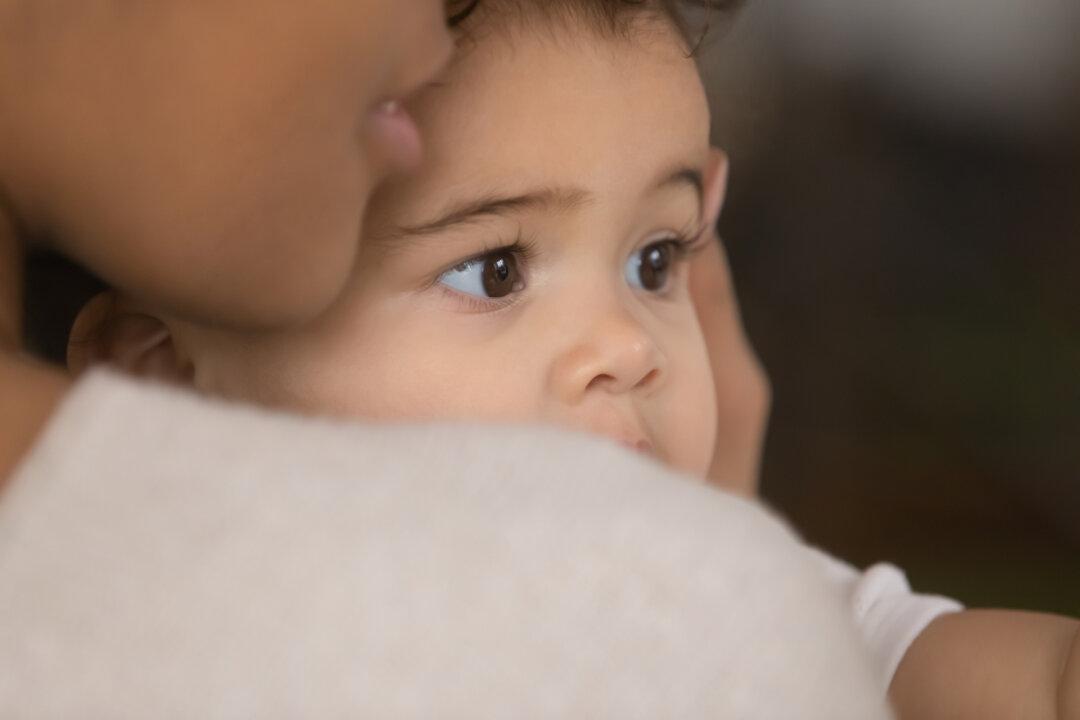Middle schoolers who spend time on smartphones, laptops, and tablets in the hour before bed are likely to sleep poorly and be more tired the next day, a new study shows.
Researchers looked at the effects of screen time at bedtime among 345 children aged 12 to 14 over a six-month period.





